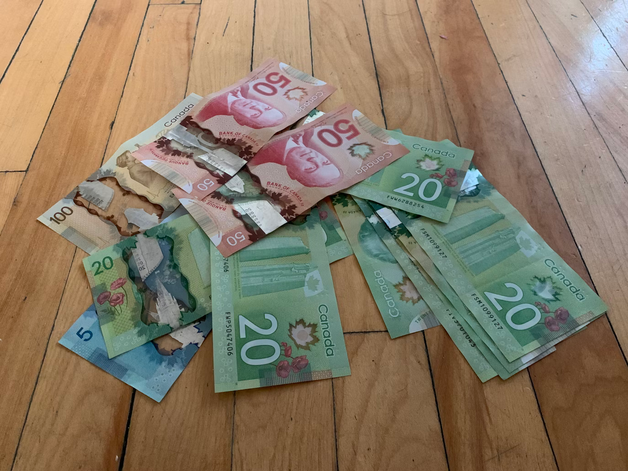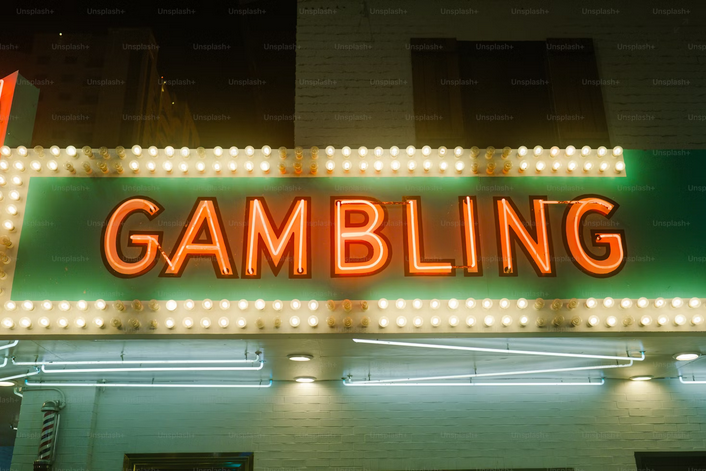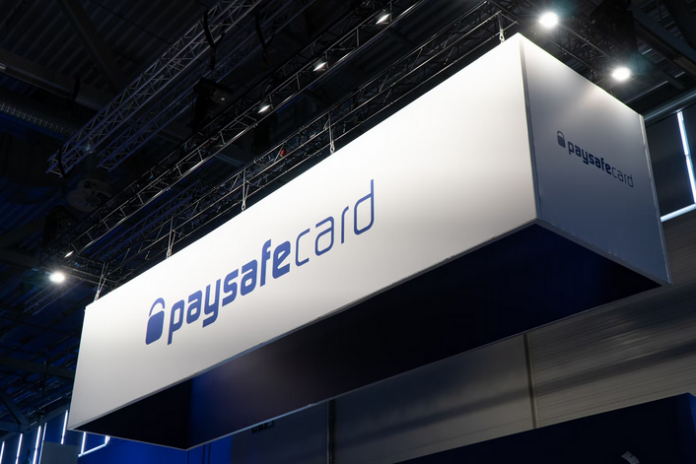Not everyone who loves online gaming has a credit card or even a bank account, but that doesn’t stop them from joining the fun. Though the shift to digital and the rise of mobile payments have significantly reduced cash use, fiat currencies are still the main focus of global economies and markets.
Cryptocurrencies aren’t the only option for players who enjoy gambling and value anonymity. There are many PaysafeCard casinos that offer the privacy and convenience of playing online without sharing personal details or connecting bank accounts.
Intrigued by the fact that cash is slowly making a backdoor comeback to online gambling, the team of experts from CasinoOnlineCA have decided to explore this topic further and examine what makes PaysafeCard so popular among iGaming enthusiasts.
Contents
The Rise of Cash-Based Digital Payments in Gaming
Take a look at the modern gaming landscape, and you’ll notice something interesting: cash isn’t quite gone. For example, a 2023 industry report found that cash is used more than twice as often as digital methods for gaming payouts. The results showed that 44% of the surveyed gamers chose cash compared to just 18% who opted for instant digital payments.
This might seem surprising in our high-tech age, but it highlights a key point: players value payment choices. “Cash-based digital payments have become a pillar of the gaming industry, empowering players who would otherwise need to use cryptocurrencies or be left out,” gambling expert James Segrest, author at CasinoOnlineCA, explains.
Offering a variety of transaction methods, including those that incorporate cash payments, appeals to a broader audience.
One big driver here is user preference and trust. Gamers worldwide have diverse payment habits, and many are reluctant to share their credit card info online. Moreover, strict gambling acts, especially those enforced by the UK Gambling Commission, forbid credit card gambling. Thus, cash payments aren’t just an option — they’re essential for many online casinos that want to operate legally.
According to industry insights, there’s been a surge in payment options beyond traditional cards, from e-wallets and direct carrier billing to cash-based alternatives like prepaid cards and digital vouchers. These alternative methods cater to users who lack access to credit cards or simply prefer using cash.

Canada may be a highly banked country, but a notable segment of consumers still leans toward cash-centric finances. Research shows that about 15% of Canadians are “underbanked,” relying on alternative financial services despite having a basic bank account.
Meanwhile, roughly 3% have no bank account at all. While that might not sound like much when you look at percentages, in reality, we’re talking about millions of people who might have internet access and enjoy online gambling but have limited payment options.
“We must not forget that convenience for one group — say, credit cards — might be a barrier for another,” James Segrest points out. “By embracing multiple payment methods, including cash, the gaming industry isn’t solely adapting, but expanding too,” he adds.
How PaysafeCard Boosts Inclusion in Gaming
At the heart of this cash-friendly payment movement is the PaysafeCard, one of the world’s leading prepaid voucher systems.
In simple terms, a PaysafeCard makes your cash redeemable online. You can walk into a local store, hand over a $20 bill, and receive a printed voucher or a simple PIN code. That 16-digit code holds your funds and can be entered at countless websites for payments.
Crucially, no bank account, credit card, or personal financial info is required to use it. This helps boost financial inclusion: if you only have cash, you can also participate in the digital economy and join online gambling platforms.
From a usability standpoint, PaysafeCard is designed to be as accessible as buying a soda. It’s available in over 50 countries around the world, including Canada, most of Europe, and parts of the Middle East and Latin America.
In Canada, you can pick up a PaysafeCard at any local gas station, convenience store, or pharmacy that has the PaysafeCard logo displayed. There are currently 650,000 retail outlets worldwide where gamers can buy these prepaid codes.
The Appeal of PaysafeCard
Why have the unbanked and underbanked communities embraced PaysafeCard? Below, experts from CasinoOnlineCA highlight some of the key features that have contributed to this payment method’s popularity.
-
- No Bank Needed: You don’t need a checking account or credit line. Anyone of legal age with cash in their pockets can join in.
- Privacy and Safety: Some players don’t want to share their financial details online. Perhaps they’re wary of fraud or don’t want gambling charges to appear on their bank statements. At the same time, they might not be tech-savvy enough to use crypto. Using a prepaid voucher gives these people anonymity and peace of mind. The PaysafeCard voucher is essentially cash, so it carries no personal data with it.
- Budget Control: Vouchers come in set denominations (e.g., $10, $20, $50). This inherently limits spending and helps players manage their budgets. Once you’ve spent the voucher’s value, that’s it — and for many, this built-in control is a welcome feature.
- Ease of Use: The process is pretty straightforward, even for those new to online payments. There are no lengthy signup or approval processes — you simply buy the card, enter the code, and start playing.
- Broad Usability: PaysafeCard isn’t a niche payment method; it’s accepted by numerous gaming platforms and e-commerce sites. From role-playing video games and console game stores to online casinos and sports betting sites — all these platforms accept PaysafeCard. Even popular gaming destinations like League of Legends, Steam, PlayStation Network, and more support these vouchers.
How PaysafeCard Opens Doors to People from Emerging Markets

Emerging economies are packed with gaming enthusiasts, but limited banking access often holds them back. PaysafeCard breaks down those barriers with a simple, cash-based solution that helps millions of fans from these territories join the fun.
- Bypassing banking infrastructure: Many countries in Latin America, Southeast Asia, and Eastern Europe have low credit card usage. PaysafeCard lets users join the gaming world without needing one.
- Leveraging existing retail networks: Over 650,000 retail outlets across the globe sell PaysafeCard vouchers, making access as easy as buying groceries, even in remote towns.
- Appealing to mobile-first users: In regions where smartphones are common, PaysafeCard fits perfectly into the mobile gaming ecosystem.
- Building player trust and comfort: With no need to enter personal or banking details, users in risk-averse or privacy-conscious environments feel safer to jump aboard.
- Driving user acquisition for gaming platforms: By accepting PaysafeCard, online gambling platforms can unlock entire demographics and new markets that were previously unreachable, boosting growth without changing their core product.
An interesting statistic to consider: by 2029, the global online gambling market — just one segment of online gaming — is projected to top $150 billion, and emerging markets will drive about a third of that growth. The biggest influx of new players is expected from regions where a majority of people don’t have credit cards or even bank accounts.
The Final Word
The rise of cash-based digital payments in gaming, led by solutions like PaysafeCard, is truly democratizing access. These prepaid vouchers are extending the reach of online gaming to the unbanked, privacy-conscious, and cash-based economies. That’s not to mention the hefty conversion fees incurred when paying in a currency not supported by the online casino.
All this erases previous barriers, making online gambling readily accessible to those of legal age who don’t have bank accounts.
“We might have thought cryptocurrencies would completely erase money, that banks would no longer exist, and that money would no longer be printed. Instead, we would use cards for all payments, especially in a world where we buy everything, even groceries, online. But the latest reports paint a different picture: people still use cash and will continue doing so for many more years to come,” says gambling expert James Segrest of CasinoOnlineCA.

Ross, an exam specialist with a passion for education, writes comprehensive articles on exam results and admit cards. His expertise ensures students receive reliable information and useful tips to excel in their exams.

























